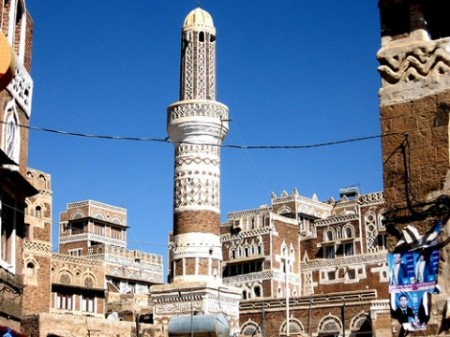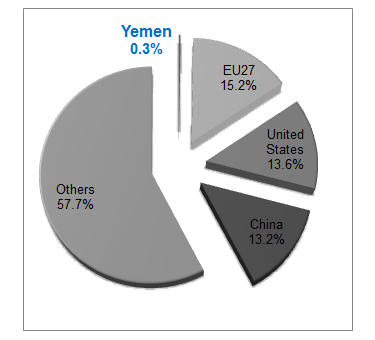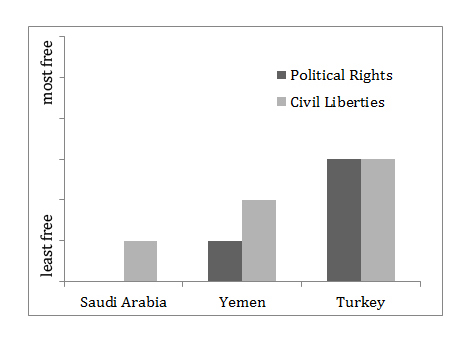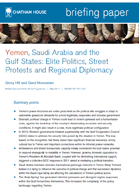
On 3 June – only days after he vowed not to step down or make further concessions – Yemen’s President Ali Abdullah Saleh was seriously wounded in an attack on the presidential palace and flown to Riyadh for medical treatment. If he does not return by early August, the constitution provides for fresh elections to be held. To a considerable extent, therefore, Yemen’s fate now lies in the hands of Saudi Arabia.
The Saudis, within the framework of the Gulf Cooperation Council, have tried to broker a transition plan in Yemen before – to no avail. With Saleh now under Saudi authority and no longer on the political scene, their room for maneuver behind the scenes has greatly increased. Sure — cutting a deal between an increasingly fragmented opposition and an embattled administration remains extremely difficult. But Saudi Arabia has every reason to throw its weight behind negotiations for a peaceful power transition.
Saudi Arabia has a long history of migratory, economic and political involvement in Yemen and shares with it its longest and most problematic border. Yemen has long been a frail and fractious political entity, and this crisis may give the various factions (the Northern ‘Houthi’ rebels, Southern separatists, the tribes) the opportunity to advance their own agendas and further undermine the establishment.
The political or territorial disintegration of Yemen would not only destabilize the region but enormously benefit Al-Qaeda in the Arabian Peninsula — a merger between the Yemeni and Saudi branches that still views the Saudi kingdom as a target. Saudi Arabia will also fear that political developments in Yemen could spread across the border. Ironically, Western governments now find themselves in an all too familiar position: relying on one authoritarian regime to deal with the mess caused by another.
| Recommended reading | ||
Yemen, Saudi Arabia and the Gulf StatesElite Politics, Street Protests and Regional Diplomacy This Chatham House paper examines the present and future role of Saudi Arabia and other Gulf Cooperation Council states with regard to Yemen. It analyzes the limitations of Saudi Arabia’s foreign policy-making machinery and describes the changing nature of its extensive transnational patronage networks. |
| A map of the region A 2000 border settlement resolved the political dispute over the border between Saudi Arabia and Yemen. |
Our partner Gulf Research Center (GRC) offers research on political, economic, social and security issues related to the Gulf Cooperation Council countries.





One reply on “A Saudi Perspective on Yemen”
This blog post, “A Saudi Perspective on Yemen”, was re-posted on: http://www.yemenlover.info/?p=420